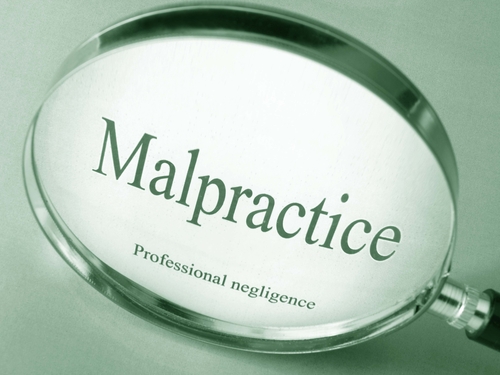Firm has to face suit accusing it of violating patient confidentiality laws by touting med-mal win

Image from Shutterstock.
A law firm will have to face a lawsuit claiming that it violated confidentiality laws when it disclosed mental health records about its lawyer client when touting a win in his medical-malpractice case, according to an Illinois appeals court.
The Illinois Appellate Court’s First Judicial District revived the lawsuit filed by a former corporate lawyer identified only as John Doe.
Law360 has coverage of the Oct. 7 decision.
The law firm defendant was known as Burke Wise Morrissey & Kaveny. The appeals court said Doe had sufficiently alleged improper disclosure to withstand a dismissal motion.
Doe sued after Burke Wise issued a May 2015 press release, and one of its lawyers spoke with the Chicago Daily Law Bulletin about the jury award of more than $4 million. The medical-malpractice suit stemmed from Doe’s suicide attempt while in a hospital’s psychiatric ward.
Doe alleged that statements in the press release and the Chicago Daily Law Bulletin revealed mental health information about him in violation of the law.
Doe contended that the law firm violated an Illinois law known as the Mental Health and Developmental Disabilities Confidentiality Act. He also said the firm violated the law by disclosing information that was protected by a qualified order under the federal Health Insurance Portability and Accountability Act, or HIPAA.
Burke Wise had claimed that the Illinois law didn’t apply to it because it didn’t have a “therapeutic relationship with Doe.” It also said the information was public because Doe had testified about it at trial, and he had waived confidentiality by putting his medical condition at issue.
The appeals court said the law firm is not relieved of potential liability simply because it did not provide mental health services to Doe. And the law firm’s alleged disclosures fall under a section of the Illinois law that prevents anyone from redisclosing information after receiving it, unless consent is given, the appeals court said.



